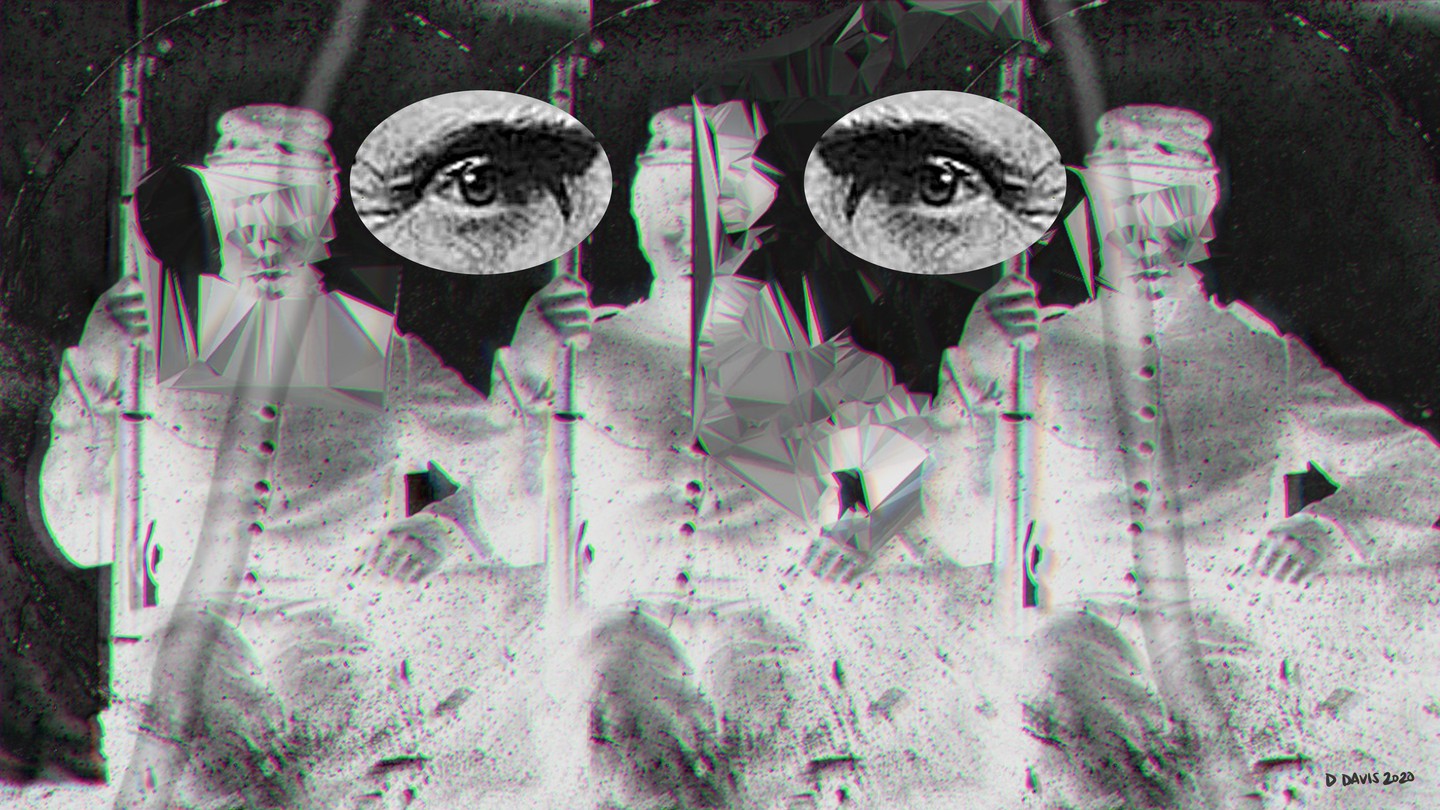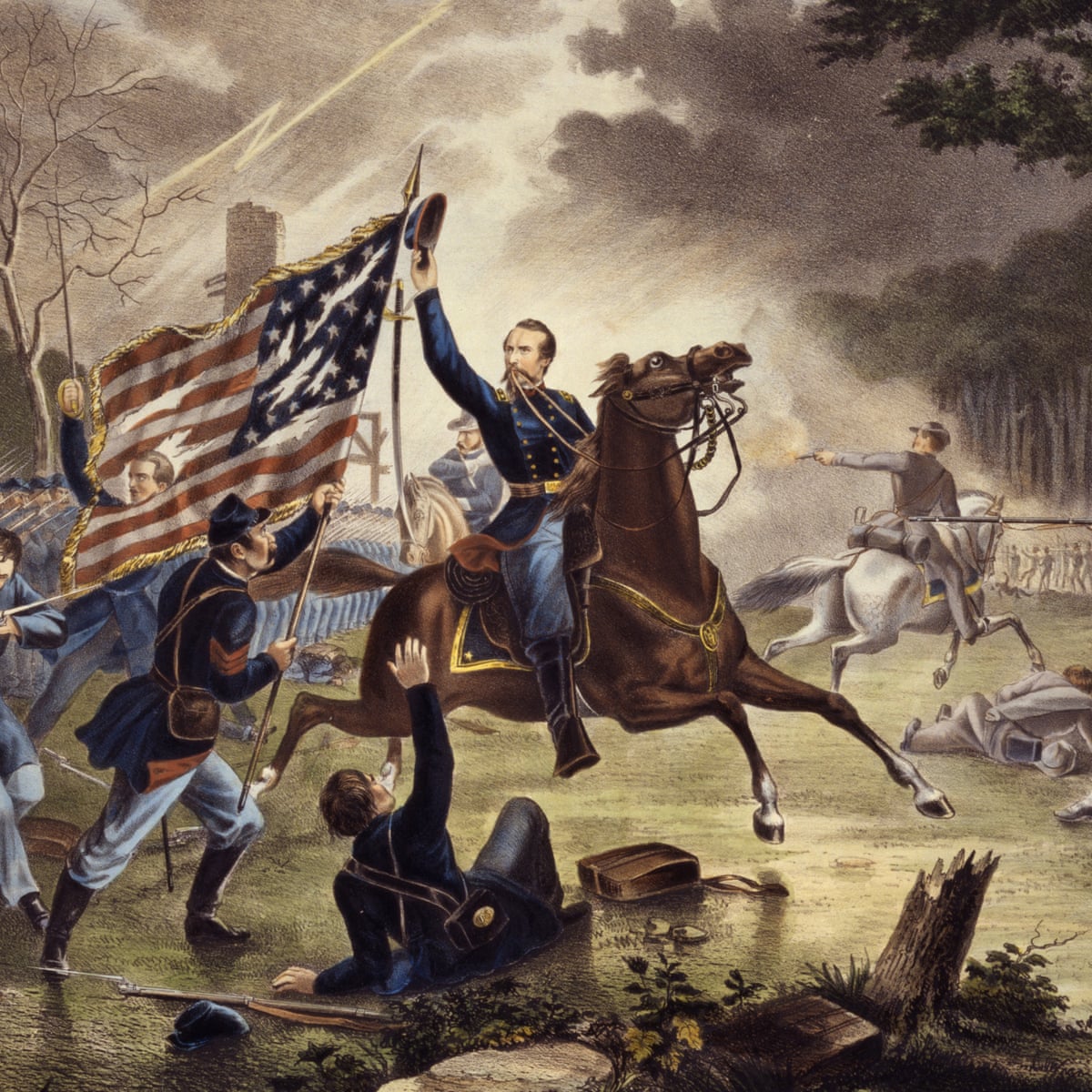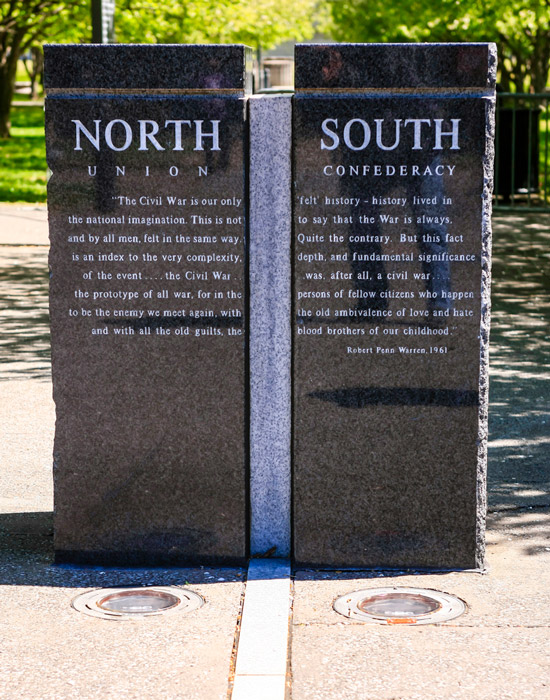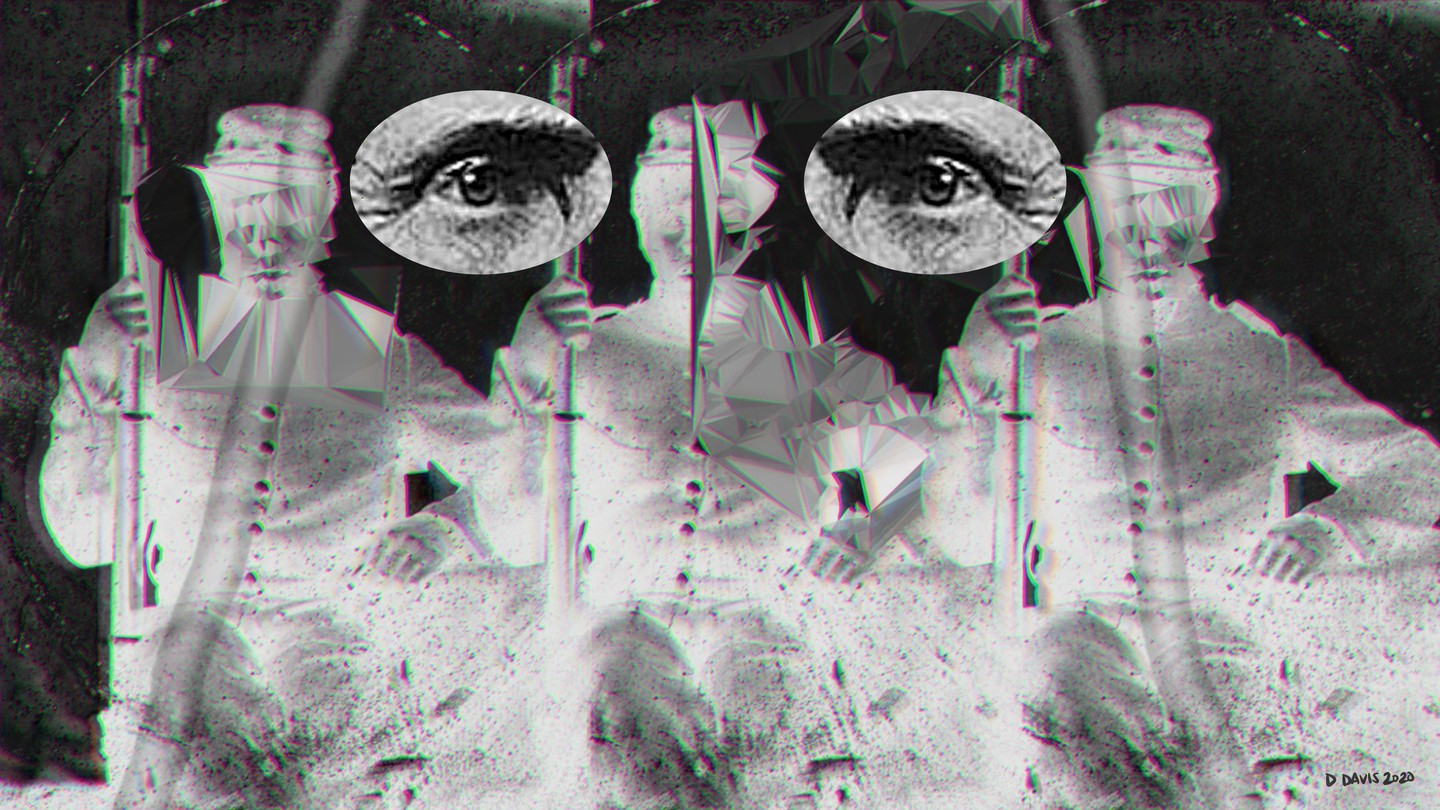The American Civil War wasn’t just a conflict of armies—it was a battlefield of whispers, secrets, and dark suspicions. Imagine a nation torn apart, where every rumor could spark a powder keg of tension and mistrust!

Image credit: The Atlantic
The Landscape of Suspicion
In the mid-19th century, America stood at a critical crossroads. Communication was slow, tensions were high, and misinformation spread like wildfire through newspapers, letters, and hushed conversations. The social fabric of the nation was unraveling, creating fertile ground for conspiracy theories that would echo through history.

Image credit: The Guardian
Before the war’s first shot, rumors swirled like autumn leaves. Southern states feared Northern aggression, while Northerners suspected Southern plots to destroy the Union. These weren’t just idle gossip—they were psychological weapons that shaped public perception and fueled the conflict’s intense emotions.
Lincoln’s Shadow: The Ultimate Conspiracy
Perhaps no event epitomizes Civil War conspiracy theories more than Abraham Lincoln’s assassination. John Wilkes Booth wasn’t just a lone actor—he was part of a complex web of speculation and potential broader plots. Historians have long debated whether Booth worked alone or was part of a larger Confederate-backed scheme.

Image credit: National Park Service
Key Conspiracy Theories Unveiled
The war bred numerous conspiracy theories that challenged official narratives:
– Confederate Government Involvement: Rumors suggested high-level Confederate officials planned strategic assassinations
– Military Coup Speculations: Some believed powerful military leaders were plotting to overthrow government leadership
– Foreign Power Interference: Whispers of European nations secretly supporting the Confederate cause
The Psychology Behind the Theories
Why did people believe these wild narratives? Fear and uncertainty were powerful motivators. In times of extreme social upheaval, conspiracy theories provide a sense of understanding and control. They transformed complex historical events into more digestible, if often misguided, explanations.
Long-Term Consequences
These conspiracy theories didn’t just disappear with the war’s end. They left deep psychological scars, creating a legacy of distrust that would influence American political discourse for generations. The seeds of suspicion planted during the Civil War continue to shape how we understand historical narratives today.

Image credit: Boston University
Lessons from the Shadows
Understanding these historical conspiracy theories reveals more than just fascinating stories. They provide a window into human nature—how we process trauma, fear, and massive social changes. The Civil War’s conspiracy landscape reminds us that information is always a powerful weapon.
From whispered rumors to documented plots, these theories demonstrate that history is rarely as straightforward as textbooks suggest. They challenge us to look deeper, question our assumptions, and recognize the complex human emotions driving historical events.
References:
The Atlantic – Conspiracy Theories and the Civil War – link
National Park Service – John Wilkes Booth – link
Categories: American Civil War, Conspiracy Theories, History, Military History, Political History, War History
Tags: Abraham Lincoln, American History, Civil War, Conspiracy theories, Historical Mysteries, John Wilkes Booth, Political Intrigue
Religion: Various
Country of Origin: United States
Topic: Historical Conspiracy Theories
Ethnicity: Various


